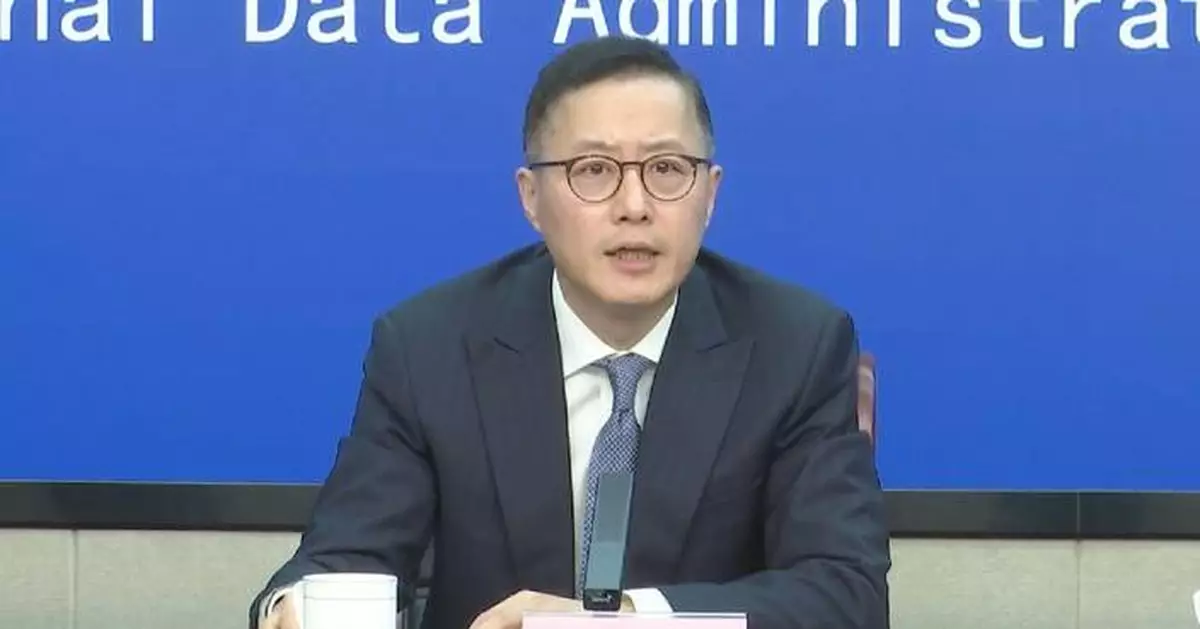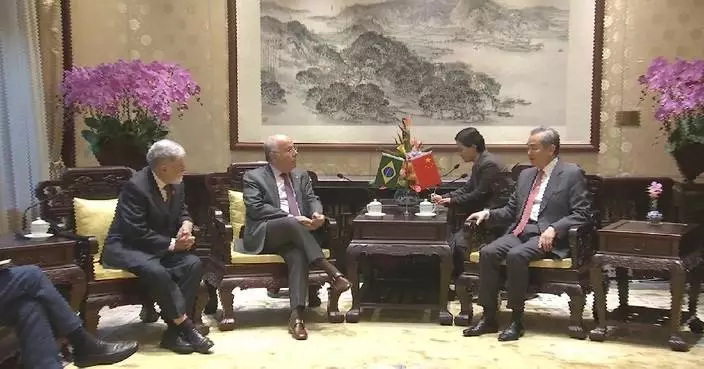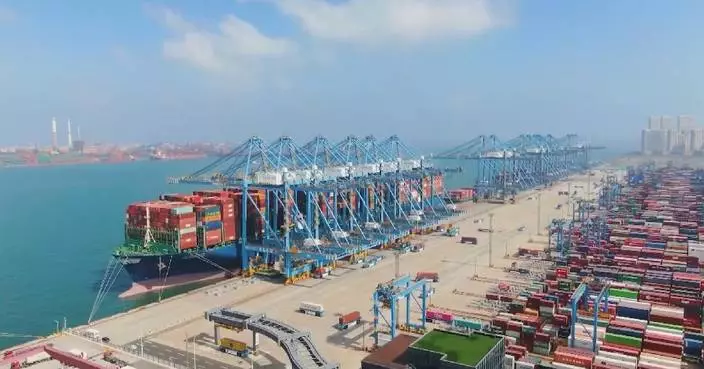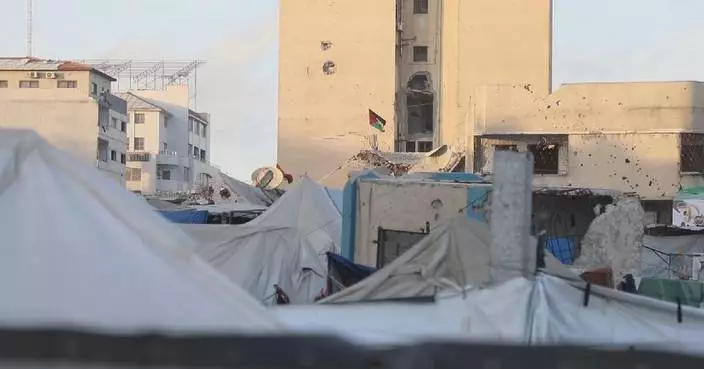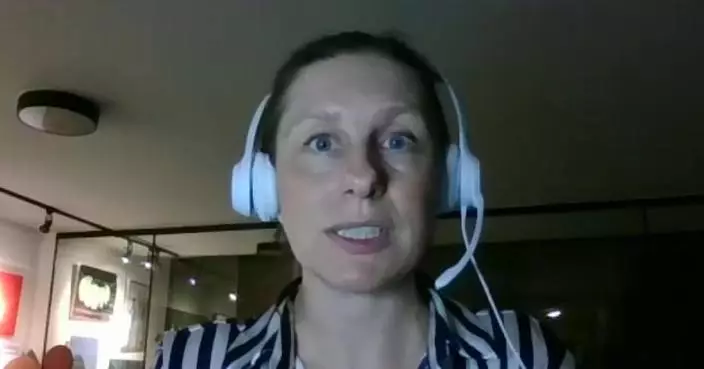Estimates show that national data infrastructure is expected to draw 400 billion yuan (around 54.6 billion U.S. dollars) of direct investment every year, with the investment scale reaching about 2 trillion yuan in the next five years, said an official from China's National Data Administration (NDA) on Monday.
On Dec 31, 2024, the NDA, along with other relevant departments, rolled out a guideline for the construction of national data infrastructure.
According to the guideline, China aims to complete building the main structure of the national data infrastructure by 2029.
At a press conference in Beijing on Monday, officials from the NDA said that the building of the national data infrastructure will lower the threshold for enterprises to mine and utilize data, as well as facilitate socially effective investment.
"The national data infrastructure will facilitate the circulation and utilization of data as well as the construction and upgrading of network, computing power and security. Based on preliminary industry estimates, data infrastructure will attract direct investment of about 400 billion yuan each year, driving an investment scale of about 2 trillion yuan in the next five years," said Shen Zhulin, deputy director of National Data Administration.
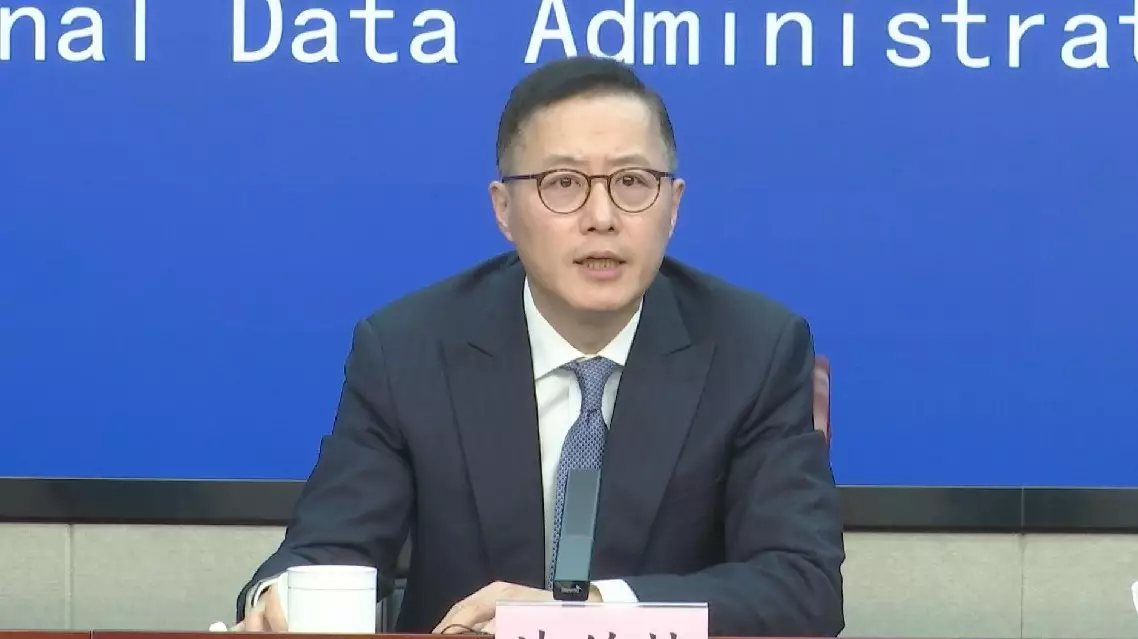
National data infrastructure to drive 2 trl yuan investment in next five years: official
China's top legislator Zhao Leji held talks with Speaker of Zimbabwe's Parliament Jacob Mudenda in Beijing on Tuesday.
Zhao, chairman of China's National People's Congress (NPC) Standing Committee noted that last year Chinese President Xi Jinping had an in-depth and friendly exchange with visiting Zimbabwean President Emmerson Mnangagwa and reached an important consensus with him, which drew a new blueprint for the development of relations and mutually beneficial cooperation between the two countries.
Zhao said China is willing to work with Zimbabwe to implement the consensus reached by the two heads of state and jointly build a high-level China-Zimbabwe community with a shared future.
Zhao expressed gratitude to Zimbabwe's long-term valuable support for China on questions and issues related to Taiwan, Xinjiang, Xizang and human rights.
China stands ready to make joint efforts with Zimbabwe to maintain and develop the high-level political mutual trust between the two countries and continue to firmly support each other on issues concerning their core interests, he said.
Zhao said China is willing to work with Zimbabwe to implement the outcomes of the Beijing Summit of the Forum on China-Africa Cooperation, deepen practical cooperation, and enhance exchanges in areas such as youth and culture.
China is ready to work with Zimbabwe to strengthen international cooperation, jointly implement the Belt and Road Initiative and the three major global initiatives proposed by President Xi, and practice true multilateralism, he said.
Zhao said the NPC is willing to enhance friendly exchanges at all levels with the Parliament of Zimbabwe, carry out exchanges and mutual learning on issues such as legislation, supervision, improvement of people's livelihood, social governance, and fight against cross-border crimes, and create a favorable legal environment for cooperation between the two countries.
He welcomed Zimbabwean parliamentarians to come to China for more exchanges and visits.
Highlighting on legislative work, Zhao briefed him on the development of China's special economic zones.
Mudenda said that under the leadership of President Xi and President Mnangagwa, the comprehensive strategic cooperative partnership between Zimbabwe and China has continuously deepened.
Zimbabwe firmly adheres to the one-China principle, thanks the Chinese government and people for their long-term valuable support, and hopes that the two sides will strengthen practical cooperation in areas such as trade, energy, agriculture, artificial intelligence and culture, he said.
Mudenda said the Parliament of Zimbabwe is willing to enhance friendly exchanges with the NPC and make contributions as a legislative body to the building of a high-level China-Zimbabwe community with a shared future.
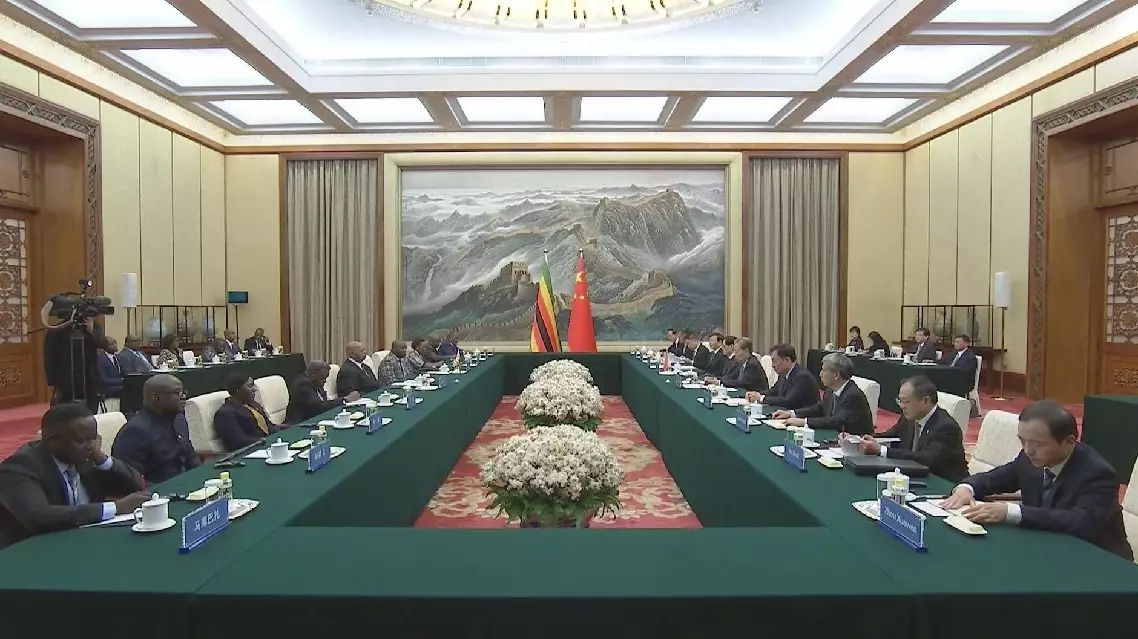
China's top legislator holds talks with Zimbabwe's parliament speaker



